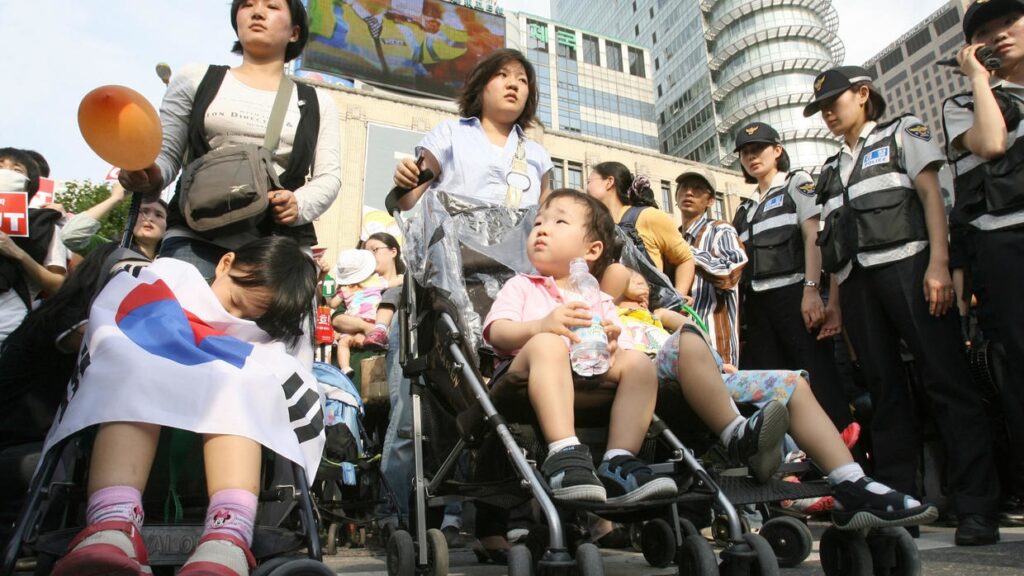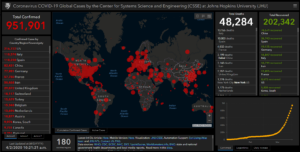South Korea’s childbirth hit a record low last year, boosting worry about a so-called demographic cliff, statistical office data showed Wednesday.The number of newborn babies was 303,100 in 2019, down 7.3 percent, or 23,700, from the previous year, according to Statistics Korea. It marked the lowest since the data began to be compiled in 1970.
The total fertility rate, which measures the number of babies a woman is forecast to bear during lifetime, came to 0.92 in 2019, marking the lowest since 1970.
It was much lower than the replacement level of 2.1 that is required to maintain the country’s population at the current level.
The continued slide in childbirth fueled concern about the demographic cliff, which refers to a sudden drop in the heads of household leading eventually to a consumption cliff.
The low birth rate has been a headache for the South Korean economy as it leads to lower workforce amid the fast aging population, which would drag down the economy’s growth potential.
The record-low birth rate stemmed from a widespread social trend of delaying marriage and having no child, caused by various factors such as high cost for private education, expensive home price and worry about women’s career break from maternity leave.
The number of marriages reduced 18,412 over the year to 239,210 in 2019, continuing to fall for the eighth straight year. It was the lowest since 1970, reports Xinhua, Seoul.




